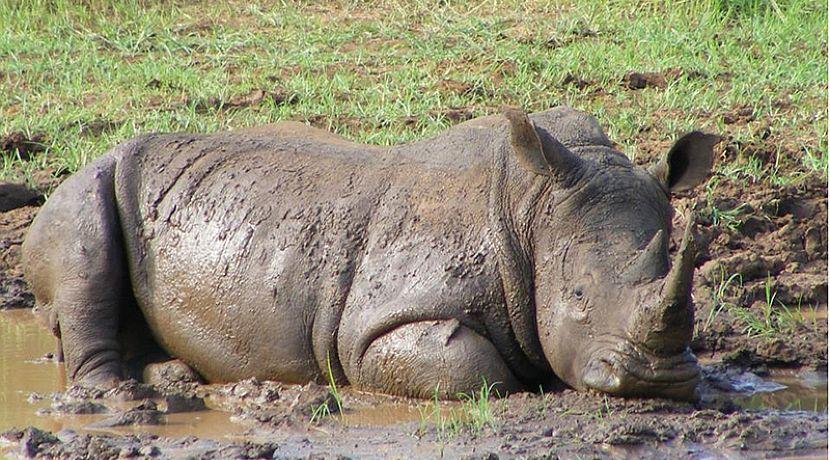t's great to hear from our wildlife volunteer projects and keep up to date with their most recent news. This week we have received some news from one of our African conservation experience projects – the Askari Wilderness Conservation Project. Unfortunately, in our current climate of mass rhino poaching, the news isn't exactly happy. However, Askari are really dedicated to try counteract this barbaric trade, and their conservation experience run with the help of volunteers in South Africa is a massive part of that. Have a read of the blog below giving details of the fantastic conservation work going on at Askari. Be warned - there are some distressing images in this blog post.
"The country of South Africa is in the middle of a rhino poaching epidemic. Since the start of the crisis in 2008, more than 2600 individuals have been poached. EVERY year, the number of rhinos killed for their horn increases. So far in 2014, 630 rhinos have been poached (up to the end of August 2014).
In October 2013, Askari became victim to the atrocities as we lost our first rhino to poachers. Since then another 9 have been killed and sadly the sight of rhino grazing the grass of Askari is a thing of the past.

The sad truth behind rhino poaching is money. Money is the reason that hundreds of rhinos are being killed; yet it is also what is needed to save them. The actual act of 'poaching' can bring just monetary rewards to poachers, bringing them far more income than they could get via other means. Unfortunately, this means that the attraction of poaching is one that many cannot say no to. Sadly, this is a sad of affairs, and poachers, particularly in the troubled regions of Zimbabwe and Mozambique, are increasingly being enticed by criminal masterminds and their monetary rewards to extrapolate these highly valued goods – by any means possible.
The Askari Rhino Trust fund is dedicated to returning rhinos to Askari. Every cent raised from their range of rhino clothing and souvenirs goes directly to the fund. Along with your monetary contribution, you will also be helping to spread the word to the international community about the dark future that our rhinos face without us. Education at the source and changes in legislation are also needed to save the rhino from extinction; currently here on the ground, we don't have time to wait for that and action is needed NOW.

So - at what cost is rhino horn?
Rhino horn is now valued at more per kilogram than gold. While gold is trading for around US$49,665 per kilogram, horn hits the black market in Asia for around $60,000 per kg.

Why? What's with a horn?
Rhinos are poached for their horn. It is primarily made up of keratin, the major component in nails, horn, hooves & feather quills. It also has large quantities of calcium in the centre of the horn. The Far East is the primary consumer of rhino horn, most notably Vietnam & China but also Yemen in the Middle East. Its main use is in traditional medicine and ailments supposedly cured include fever, rheumatism & gout. The fact that it's an aphrodisiac is a common misconception. There is very little evidence, if any, to support the medicinal claims of the horn's power but those who use it truly believe it works and the belief is shrouded within hundreds & thousands of years of tradition.

BUT - this is not how it will stay! We will not be beaten by these barbaric poachers, driven by the demand from criminal syndicates and the Far Eastern trade. Rhinos WILL return to Askari!"

If you would like to volunteer on one of our South African Wildlife Volunteer Projects, of which the Askari Wilderness Conservation Project is one, and help towards vital Rhino Conservation, then please don't hesitate to 'Enquire or Book Now' via our website page. Alternatively, if you would like any more information, please don't hesitate to get in contact with us via email ([email protected]) or telephone (+44(0)208 885 4987) – TGP Team.













